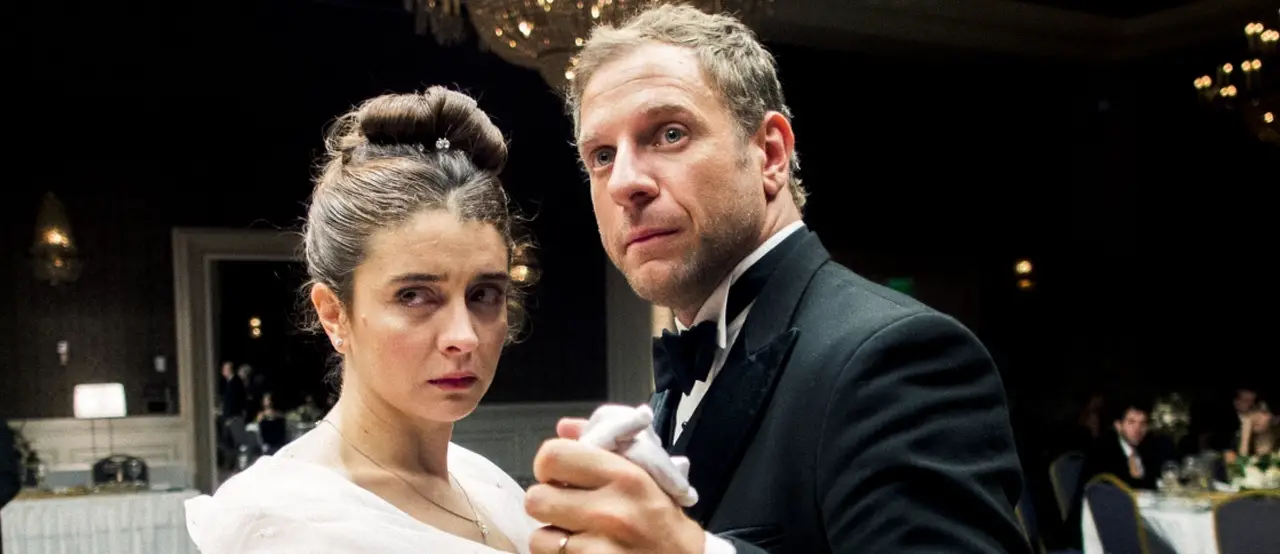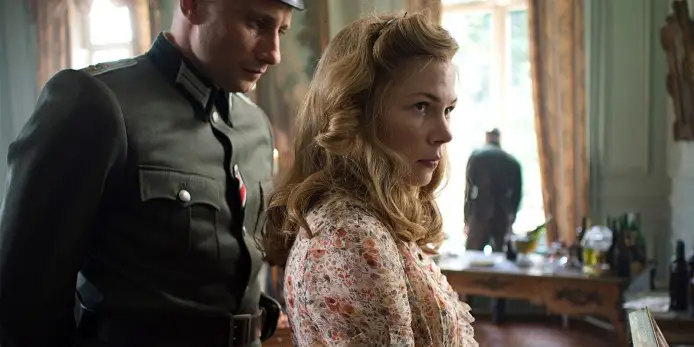Film Reviews
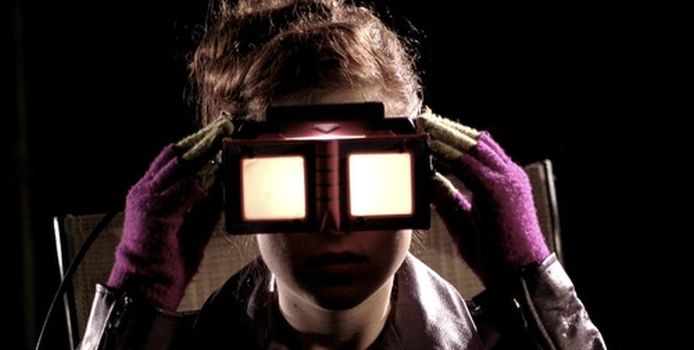
I sat down to watch independent, experimental film How the Sky Will Melt by Matthew Wade the other night with my fiance. Other than bragging about my fiance, I’m including him in the article because he is so very not like me. His favourite movies are comedies, he laughs at fart jokes, and I’m not sure he’s ever seen a David Lynch movie.
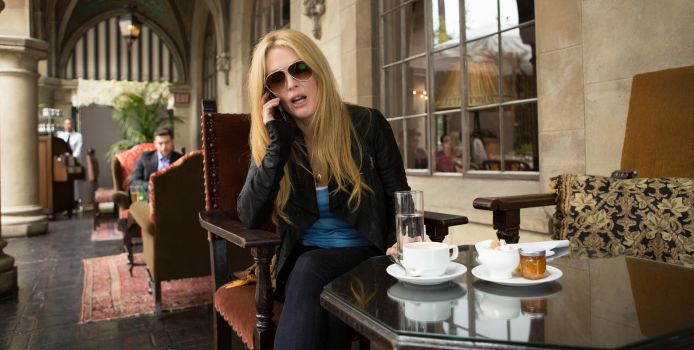
Maps To The Stars is about the aspects of Hollywood that, as a film fan, I‘d rather not think about. Written by the acerbic Bruce Wagner, it is about the cynicism of the industry, about the actors who are motivated by vanity and the money-minded executives who exploit them. These people’s heads have been long removed from their shoulders, their molly-coddled lives are run by other people as they incessantly try and top up their serotonin through drink, drugs, sex and bastardised spiritualism with increasingly less success.
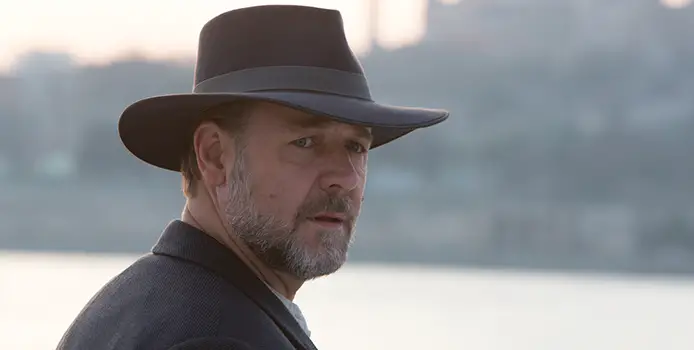
The problem with award shows of any kind is that you’ll always find yourself comparing the nominees to each other, regardless of how different they may be. However, this is infinitely more true of awards with tied winners. The two victors may be different in every conceivable way, but the fact that we have been told they are not just equally good, but equally the best, leads our minds directly to compare the two.
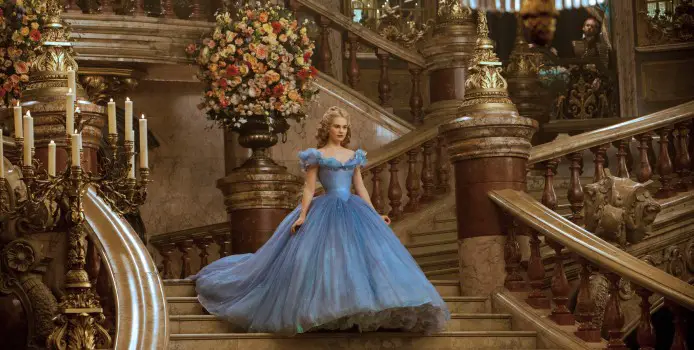
Rejoice, all, for love and magic have been made real again and no longer confined to shallow movies that preach the wrong topics filled with two dimensional protagonists that do nothing but fulfill ageless and traditional characterizations. Cinderella manages to be the most refreshing new Disney movie out, by paradoxically undergoing the least transformation. Directed by Kenneth Branagh with the utilization of his perfectly suitable Shakespearean mastery, and supported by a cast of actors and actresses that look like they came straight out of the storybook, Cinderella is a delightful reiteration of the classic story that we’ve all grown to know.

Without trying to simplify the cinematic output of an entire nation, it could be argued that there are only two types of British independent films. There’s the prestige fare, that depicts the lives of the upper classes and the monarchy (notable recent examples are The King’s Speech and The Theory of Everything), that are almost always boring, a smash-hit at the international box office, and a major awards contender. The other example is the polar opposite – dark, gritty dramas about the working classes that are never boring, but also never in contention for box office or awards success.
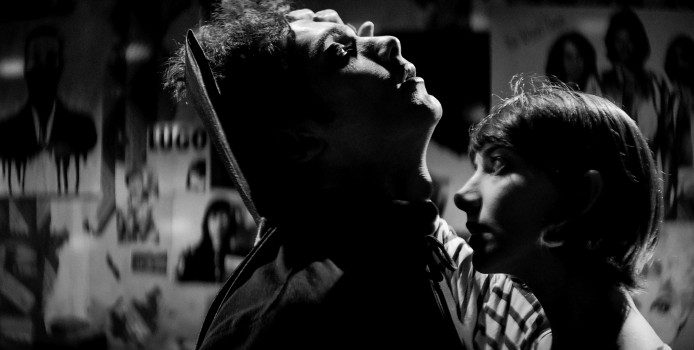
About 20 minutes into A Girl Walks Home Alone at Night, the local drug dealer, Saeed (Dominic Rains), takes a girl (Shelia Vand) back to his flat. His place is pretty pimped out. Think a toned-down version of Alien’s crib in Spring Breakers – the mounted animal heads, the fur carpets and nice furniture, the suitcase filled with drug money and coke lined up on the glass table next to it.
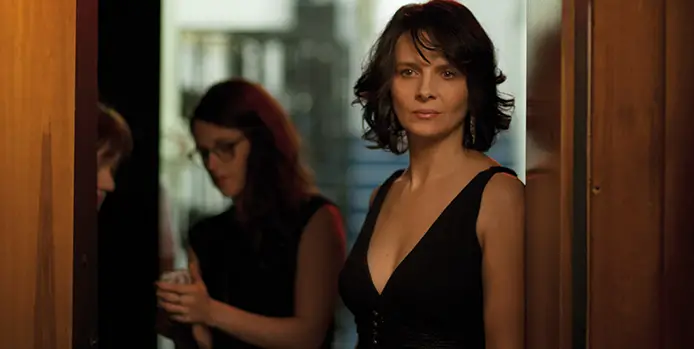
We all know that mainstream Hollywood loves making movies about show business. Heck, there was an article on this very website recently that outlined the Academy’s obsession with rewarding movies that either celebrate or send-up the showbiz lifestyle. Clouds of Sils Maria is a very different take on that same subject.
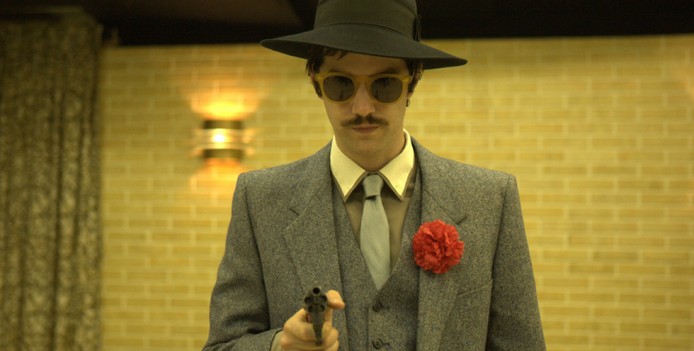
Electric Slide is based on the life of the bank robber Eddie Dodson. Originally a furniture salesman, Dodson found fame in 1983 when he robbed a number of banks – 64 banks in 9 months to be exact. Directed by Tristan Patterson (his first fiction feature film), it stars Jim Sturgess as Dodson and Isabel Lucas as his girlfriend Pauline.
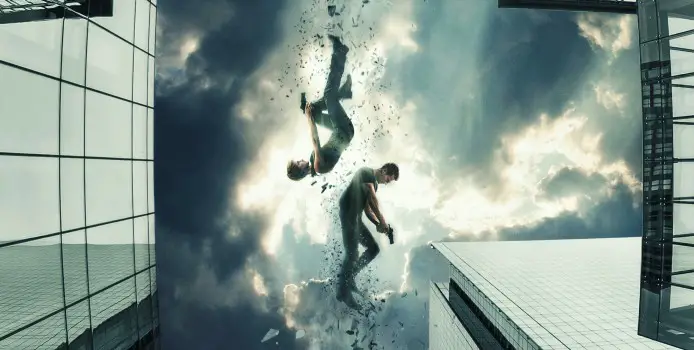
I had read Veronica Roth’s Divergent before the adaptation sauntered onto cinema screens, heralded as the next The Hunger Games, and what I discovered was that I preferred the film to the book. There was more action on show, and I felt that the film fixed many of the things I found problematic with the book’s narrative. So when I discovered that the book of Insurgent didn’t impress, I decided to bypass it and wait for the film.
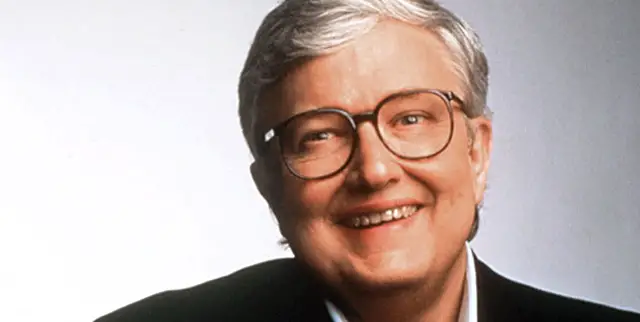
Life Itself is a superlatively crafted documentary that gives a compelling, poignant insight into Roger Ebert, while also delving into the subject of film criticism and its relationships with the film industry. When I want to see a film’s critical reception, I head for Rotten Tomatoes rather than IMDB, because the latter is saturated with fan-boys and uninformed opinion. Rotten Tomatoes introduced me to many different critics who wrote for reputable sources such as The Guardian, The New York Times and The Telegraph, but time and again I was drawn to the small thumbnail image of a white haired, bespectacled man who wrote for the Chicago Sun-Times.
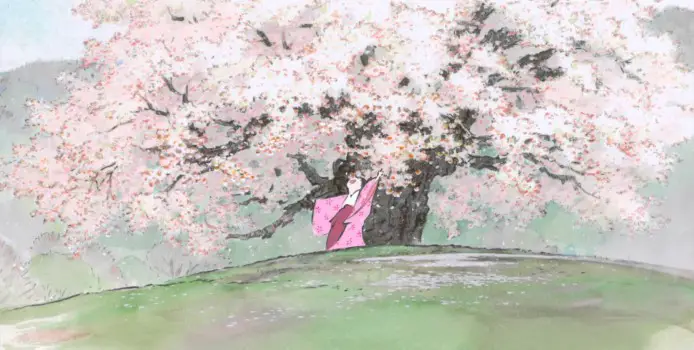
The Tale of the Princess Kaguya tells the folklore of a Japanese princess born from a bamboo stalk in the heavens and raised as the child of an elderly agrarian couple. She lives and grows up rapidly right before our eyes, just like the bamboo from which she was bred. She was meant to live a more “normal” life, though, and is soon thrust into a lifestyle that contradicts her humble upbringings.
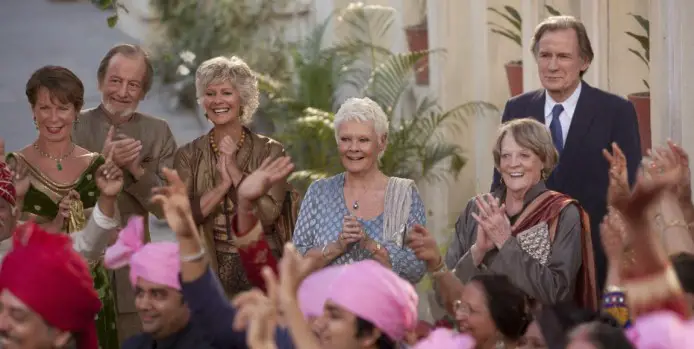
I have to admit, I was a little excited to see that a sequel had been made to The Best Exotic Marigold Hotel. I had liked it and was curious as to what had happened to the characters. But what is more, I went to see the first film with my grandmother and I knew how much she and her friends liked it.
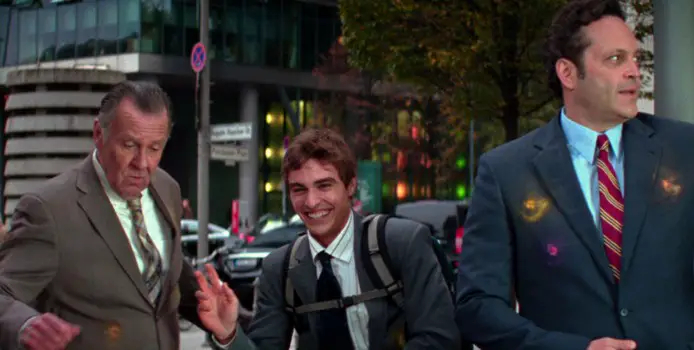
Unfinished Business was something of a surprise to hear about, but the combination of Vince Vaughn, Tom Wilkinson and Dave Franco was enough to convince me that it might be worth a shot. Coming across as a clichéd but entertaining story of down on their luck business men on a European jaunt, I expected some impressive improvisational comedy from Vaughn, some gravitas from Wilkinson, and maybe something worthy of note from Dave Franco (who was great in Now You See Me). But, as we all know, expectations are a dangerous thing.


